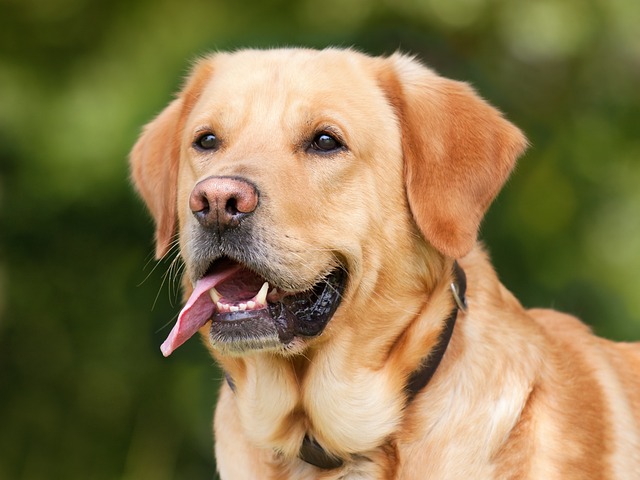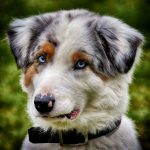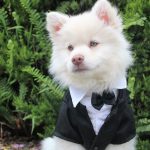Coprophagia, the act of dogs eating feces, is a behavior that baffles and concerns many pet owners. While it may be a repulsive habit for humans, understanding the reasons behind this behavior is crucial for addressing and preventing it. In this article, we delve into the various reasons why dogs engage in coprophagia and explore ways to manage and discourage this behavior.
- Nutritional Deficiency: One common reason dogs eat poop is a potential nutritional deficiency. Dogs may seek additional nutrients that their diet lacks, and they turn to feces as a source of those missing elements. This behavior is more common in dogs that are not receiving a well-balanced and nutritious diet.
- Instinctual Behavior: Dogs are descendants of wolves, and in the wild, wolf mothers often consume the feces of their puppies. This behavior serves multiple purposes, including keeping the den clean and preventing the scent from attracting predators. Domestic dogs may retain this instinctual behavior, especially if they observe their mother engaging in it.
- Attention-Seeking Behavior: Dogs are social animals that crave attention from their human companions. If a dog has learned that eating feces attracts attention, even if it’s negative, they may continue this behavior as a way to get noticed. It’s essential to avoid inadvertently reinforcing this conduct with attention.
- Boredom and Anxiety: Dogs left alone for extended periods or those experiencing boredom and anxiety may turn to coprophagia as a form of entertainment or self-soothing. Keeping dogs mentally and physically stimulated through play, exercise, and companionship can help alleviate these issues.
- Medical Issues: Some medical conditions can lead to coprophagia. Malabsorption issues, pancreatic disorders, and enzyme deficiencies can affect nutrient absorption, prompting dogs to seek nutrients in their feces. If coprophagia is sudden or excessive, it’s crucial to consult with a veterinarian to rule out underlying health concerns.
- Imprinting Behavior: Puppies may learn coprophagia from their mother or other dogs in the household. If they observe adult dogs engaging in this behavior during their formative stages, they may mimic it. Proper socialization and training can help prevent the imprinting of undesirable behaviors.
- House Training Confusion: In households where dogs are scolded for indoor accidents, they might attempt to hide the evidence by eating their feces. This behavior can stem from confusion about house training or fear of punishment. Positive reinforcement for appropriate elimination and a consistent house training routine can help address this issue.
- Natural Cleanup Behavior: In the wild, predators often consume the entire prey, including bones and fur, as a way of tidying up their living space. Domestic dogs might display coprophagia as a form of natural cleanup, especially if they have been scolded for defecating indoors.
Understanding the reasons behind coprophagia is the first step toward addressing and preventing this behavior in dogs. It’s crucial to approach the issue with patience and consistency, ruling out any potential medical causes and employing positive reinforcement techniques. By providing a well-balanced diet, offering mental and physical stimulation, and addressing behavioral concerns, pet owners can discourage coprophagia and ensure the overall well-being of their canine companions.



